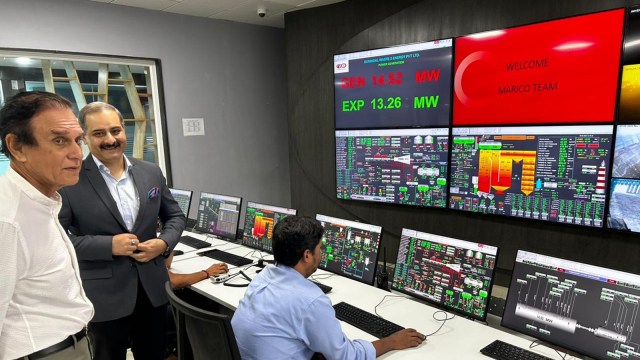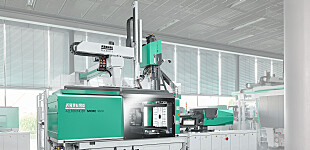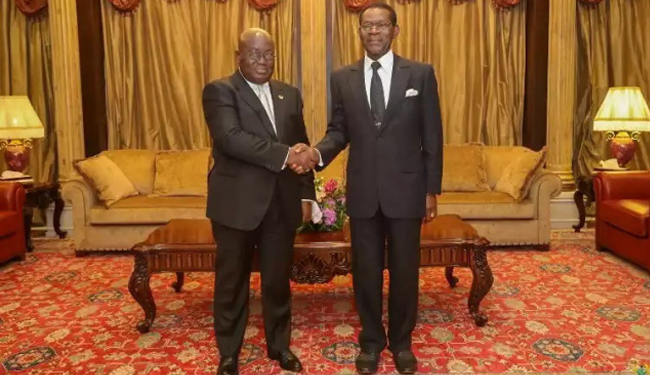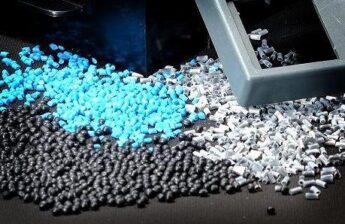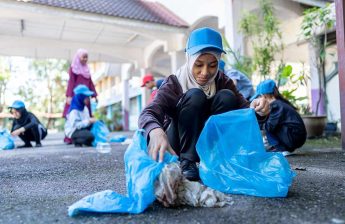Re Sustainability, Asia’s leading integrated sustainability solutions provider, and Sharrp Ventures, the investment office of the Harsh Mariwala family, have launched a pioneering plastics circularity initiative.
The Marico Innovation Foundation will play a catalytic role in the venture and bring to the table its expertise in working with startups, innovators and changemakers in the plastic recycling industry.
This new initiative is an outcome of the Marico Innovation Foundation’s report to address plastic waste, which highlighted the urgent need for a resilient circular economy for plastics in India.
Re Sustainability (ReSL), with over 30 years of experience in waste management across 11 countries, brings its extensive expertise and innovative approaches to this initiative. With around 100 operating locations across India, it is also the largest recycling, resource recovery and circular economy company in India.
Addressing a press conference, Harsh Mariwala, founder and chairman of Marico, and Masood Mallick, MD and CEO of Re Sustainability, said the joint venture plans to increase the supply of very high-quality recycled polyolefins for the fast-moving consumer goods (FMCG) industry, which now faces a challenge in sourcing high-quality recycled materials, limiting its ability to meet sustainability targets and reduce reliance on virgin plastics.
The problem that this joint venture seeks to resolve is this. The plastics used by the FMCG sector, say for packaging shampoos, are of higher quality. After its use, since proper waste segregation does not happen at the source in households, the high-quality plastics get mixed up with household waste and low-quality plastic waste. Then it becomes very difficult and uneconomical for plastic recyclers to segregate the high-quality plastic waste and the low-quality waste. And invariably, the recycling methods used mostly in the informal sector lead to recycling the plastic into lower-quality plastic products, like mugs or buckets.
The joint venture proposes to capture and process 32,000 tonnes of plastic waste and aims to produce over 9,000 tonnes of superior recycled polymers each year, providing a reliable supply of these materials for various FMCG applications.
Speaking on the occasion, Harsh Mariwala said the pilot project would begin in Hyderabad and Raipur, Chhattisgarh, and that it would be extended into a nationwide project based on the learnings from the pilot project.
By implementing the project in both cities, the initiative can address diverse challenges, create scalable solutions, and set a replicable model for other cities across India. Hyderabad, as a major metropolitan city, generates a significant amount of plastic waste, making it an ideal location to implement large-scale recycling processes and demonstrate the impact of advanced waste-management technologies. Raipur faces different but equally critical waste-management issues, Mariwala added.
From 2026, high-quality recycled polymer is likely to be available for purchase by the FMCG and other industries, providing a new revenue stream for the project.
The initiative includes 100 per cent digital end-to-end traceability, ensuring transparency and accountability. The project leverages indigenous and global tech innovations across the value chain of plastic waste management to ensure scalability. One of the facilities in Hyderabad will be a fully automatic sorting facility using AI-driven optical sorting. The tech ensures precise sorting, significantly reducing manual work and increasing efficiency.
Harsh Mariwala said that it would take around one to two years to test the efficacy of the project, and when the prototype is successful, it could be extended to other cities. He also said that incentivising households to segregate waste or segregate high-quality plastic waste had not succeeded. Moreover, since plastics are so cheap and convenient, they have grown leaps and bounds and become universal.
While Marico’s growth was coterminous with that of plastics, he also felt a personal responsibility to look at solutions for recycling them. Hence his focus on such innovative projects.
The Marico Innovation Foundation has been working with startups and innovators in the plastic recycling industry to come up with new ideas. While 95 per cent of the plastics used by Marico in its packaging were “recyclable”, recycling was not happening in real life, due to a variety of reasons, one of them being that waste was not being segregated at the source.
His part in the venture would be to familiarise various FMCG companies with the idea, getting their buy-in and also bringing in Marico Foundation’s expertise in interacting with various stakeholders across the plastics recycling ecosystem.
Masood Mallick said that plastic consumption is now being seen as an indicator of development and that high-GDP countries are said to be those with high plastic consumption. While the plastic recycling industry is trying its best, he said it ends up doing “not recycling but downcycling”. “That is when we take high-quality plastic waste and recycle it into low-quality plastic. What we perhaps need to do is use technology and ‘upcycle’ it to move the low-quality plastic into a higher-quality one,” he said.

